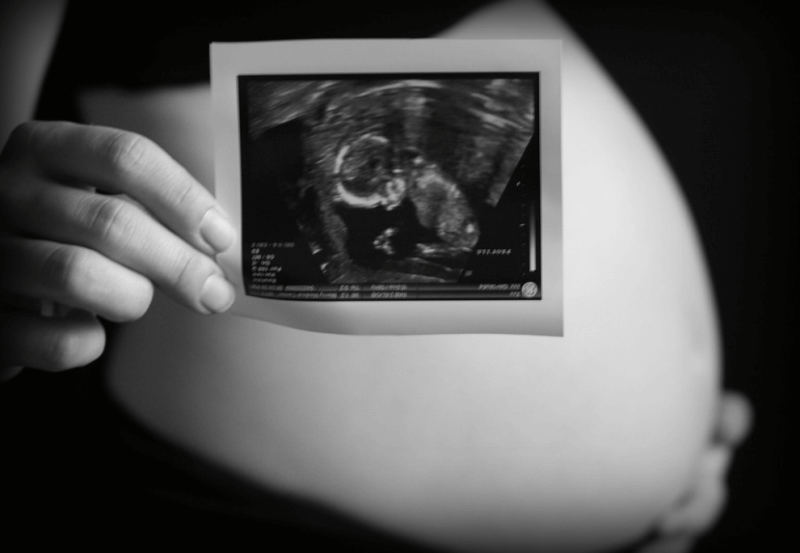The following is an editorial summary.
Genetics and evolution have shaped human pregnancy — and the risks of babies developing diseases like gestational diabetes — for as long as mankind as existed, but we’re just now beginning to tease apart the interactions between natural selection, pregnancy, and disease. As Carl Zimmer writes at his National Geographic Blog:
In a paper to be published in Trends in Genetics, the researchers argue that pregnancy has been one of the most important targets of natural selection in all of human biology. Mutations that raise the success rate of pregnancies let women have more offspring, who can spread their genes throughout a population. Pregnancy has also posed huge risks to women that could threaten their own survival. A woman’s reproductive success depends not just on her newborn child surviving, but on her own survival as well.
Zimmer explores the many ways in which evolution and genetics can help to explain ethnic and geographic variance in disease rates among pregnant women and their offspring.
View the original article here: What To Expect When You’re Expecting, By Charles Darwin
Additional Resources:
- “Maternal-fetal health and natural selection,” Gene Expression, Discover Magazine Blog
Razib Khan offers a more technical perspective, tying the paper at the center of Zimmer’s piece into a larger context of evolutionary theory.































